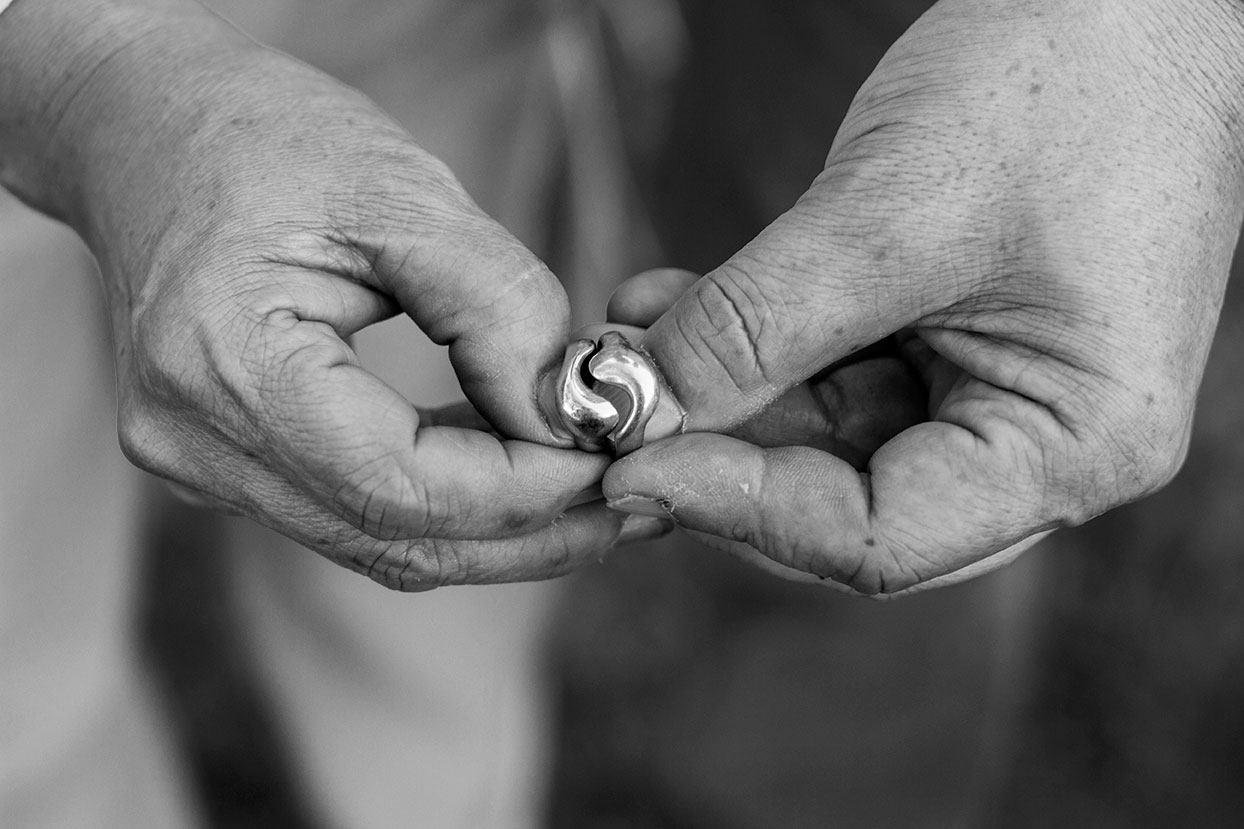Over at First Things the Revs. Christopher Seitz and Ephraim Radner have published a document called The Marriage Pledge. The gist of it can be summed up as follows:
Therefore, in our roles as Christian ministers, we, the undersigned, commit ourselves to disengaging civil and Christian marriage in the performance of our pastoral duties. We will no longer serve as agents of the state in marriage. We will no longer sign government-provided marriage certificates. We will ask couples to seek civil marriage separately from their church-related vows and blessings. We will preside only at those weddings that seek to establish a Christian marriage in accord with the principles articulated and lived out from the beginning of the Church’s life.
You can read the whole thing and see a list of signers, which includes Peter Leithart, here. Tristyn Bloom reported on the pledge for the Daily Caller and you can read her piece on it here.
There’s a sense in which this move is understandable. CS Lewis after all had very similar thoughts 60 years ago in the post-war years in Britain when he proposed a similar solution in Mere Christianity:
Before leaving the question of divorce, I should like to distinguish two things which are very often confused. The Christian conception of marriage is one: the other is quite the different question-how far Christians, if they are voters or Members of Parliament, ought to try to force their views of marriage on the rest of the community by embodying them in the divorce laws. A great many people seem to think that if you are a Christian yourself you should try to make divorce difficult for every one. I do not think that. At least I know I should be very angry if the Mohammedans tried to prevent the rest of us from drinking wine. My own view is that the Churches should frankly recognize that the majority of the British people are not Christian and, therefore, cannot be expected to live Christian lives. There ought to be two distinct kinds of marriage: one governed by the State with rules enforced on all citizens, the other governed by the church with rules enforced by her on her own members. The distinction ought to be quite sharp, so that a man knows which couples are married in a Christian sense and which are not.
It’s perhaps also worth noting that both Revs Seitz and Radner are currently living in Canada, which on matters of sex ethics has been far more hostile thus far to orthodox Christians than the United States. So this move may not simply be a form of protest against the current order, but also an attempt to put a bit of distance between the church and the public square so as to protect the church from possible legal consequences for maintaining an orthodox view on sexuality and marriage.
Login to read more
Sign in or create a free account to access Subscriber-only content.
Topics:
